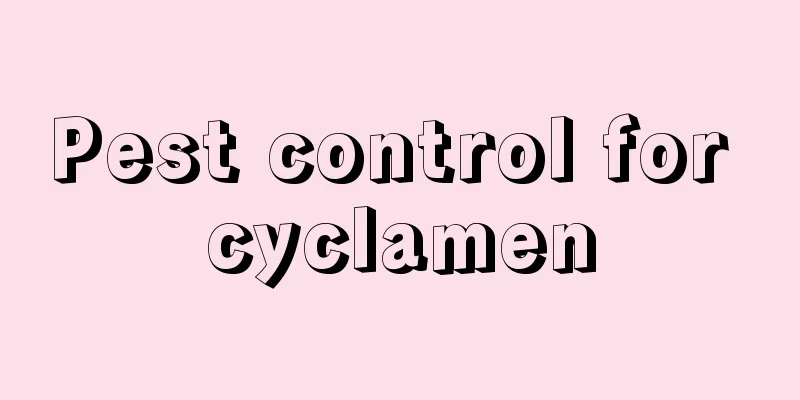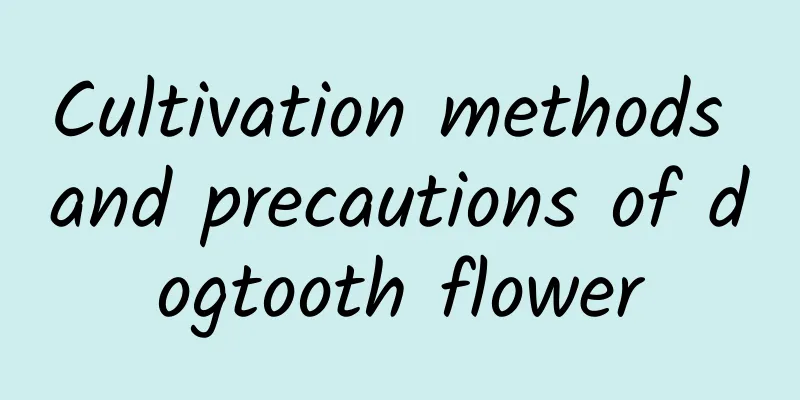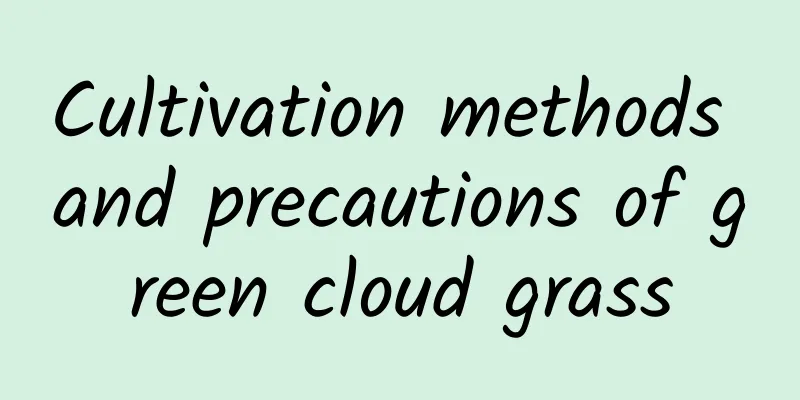What to do if camellia leaves fall off

Water accumulationWhen growing camellia, some flower lovers will water it abundantly in order to make it grow quickly and bloom early. However, they do not know that this is a wrong method. Although camellia needs water to grow well, too much water will cause water accumulation in the pot. The accumulated water will make it difficult for the roots of the camellia to breathe, the soil will be too moist and the roots will rot, causing it to lose leaves. Therefore, when watering camellia, you must pay attention to the amount. Only the right amount of watering will have a positive effect on its growth. Pests and diseasesThere are many diseases and pests that will have adverse effects on the growth of plants, such as anthracnose, which will cause camellia leaves to fall. Anthracnose is a relatively common disease that mainly occurs on the leaves of camellia. Anthracnose will cause spots on the leaves of camellia. As the disease progresses, the spots will gradually expand. In severe cases, it will cause the leaves to fall off and affect the entire plant, causing the plant to die. When growing camellia, you must take measures to prevent and control diseases and pests, strengthen management at ordinary times, enhance the disease resistance of the plants, and spray pesticides and treat them in time in the early stages of the occurrence of diseases and pests. In winter, be sure to clean up the dead branches and diseased leaves of camellia to reduce the source of infection. Poor ventilationSometimes, poor ventilation can also cause camellia to drop leaves, especially in winter. If camellia is placed indoors for a long time and ventilation or air quality is poor, it will cause the camellia to drop buds and leaves. Therefore, when growing camellia, especially indoors, you must pay attention to ventilation and keep the air fresh. Sudden environmental changesWhen growing camellia, there is a situation where it is placed in one place for a long time, but the environment is suddenly changed, which will cause the camellia to be unable to adapt to the sudden change in environment. For example, if pests that have been raised indoors for a long time are suddenly moved outdoors, because the camellia has adapted to the indoor lighting and other conditions, the sudden change in lighting and temperature will cause some of the old leaves of the camellia to fall off. When this happens, you should quickly move the camellia to a semi-shaded place outdoors, spray it with water more often, and stop fertilizing. It will slowly recover. If you want to change the growing environment of camellia, it is best to take a gradual approach to allow it to adapt slowly. |
<<: Why are the leaves of cinnabar root (wealth seeds) dry and drooping?
>>: What to do if the leaves of Poinsettia turn black
Recommend
Tips for growing indoor flowers in winter
Temperature Control In winter, even in a warm roo...
Should I use a large or small pot for Amaryllis?
Should I use a large or small pot for Amaryllis? ...
Why are flowers fragrant?
1. The reason for the fragrance of flowers Some f...
What should I do if the leaves of Clivia grow crooked?
1. Adjust the position of the flower pot If you w...
Evening primrose pests and diseases and their control methods
Diseases and prevention methods of evening primro...
How to water the caltrop
Watering tips for hyacinthus Opuntia belongs to t...
How to grow cheeky plants
1. Maintenance methods 1. Temperature: An environ...
What to do if the tiger plant grows too tall
Repotting When the snake plant is very small, the...
The efficacy of mint and how to eat mint
1. Basic Introduction Mint is a plant of the Lami...
What to do if the bottom folds of the cactus are wrinkled and shrunken
1. Drainage and root pruning Reason: Cactus grows...
How to cultivate fleshy purple pearls and what to pay attention to
Growth habits of purple pearl The succulent purpl...
Can Caladium be hydroponically cultivated?
Caladium can be hydroponically cultivated Caladiu...
How to trim kumquat potted plants to look good
When is the right time to prune kumquat potted pl...
How to water the bracteata
When to water the hyacinth Watering is usually do...
Is rice an oil crop?
Is rice an oil crop? Rice is not an oil crop, and...









